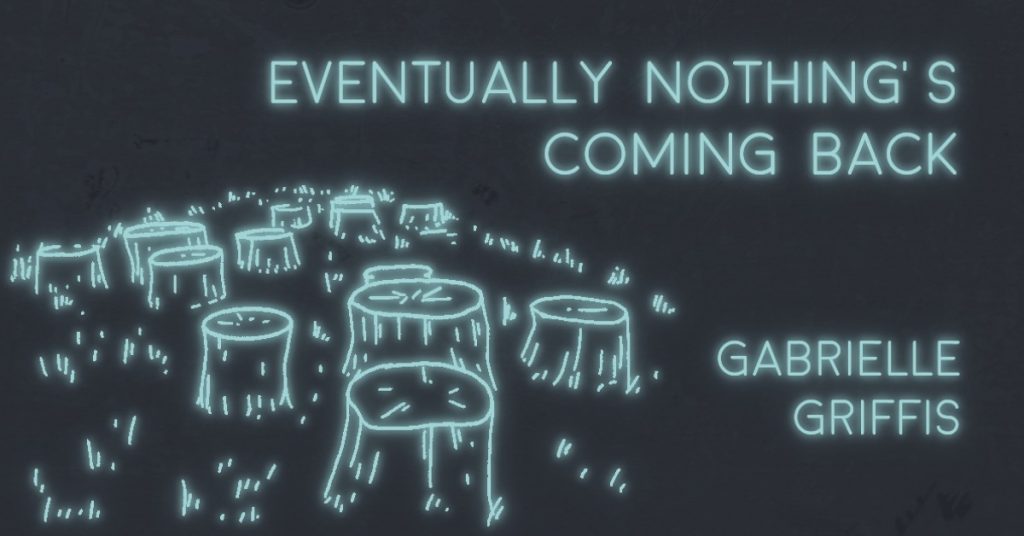First they converted five-thousand year-round homes into summer rentals.
The number of Airbnbs and zoning regulations filled the ponds with nitrogen and cyanobacteria, stuff that evolved 2.7 billion years ago. You stare at a sign that says keep kids away from scum. You think, something is desperately wrong, but folks just shrug, elated that the remaining ponds are six degrees hotter.
A woman in a bathing suit reads the same sign.
“I’m glad I won’t be around to see what happens!” she says, snapping swimming goggles over hair the color of spider silk. She details her upcoming trip to a coral reef, devoid of coral.
“I’m in a mad house,” you think and take your beach towel elsewhere.
***
Ornithologists say there are more birds on the peninsula now than a hundred years ago.
People get excited because one time Thoreau was here. Shanties are famous because a well-known transcendentalist stayed there. Newspapers write about it. The land was deforested, cleared for sheep. In the absence of forest, rain washed away the soil. Precious minerals recycled for millennia were lost to the sea.
Now spruce and oak have reached a certain height. Bald eagles return. You adjust your binoculars next to the woman who commented on the algae sign. She’s hoping for a raptor mating show.
Developers clear scrub pine forest for luxury condo units.
You watch your friends vacate, tired of living in mold infested apartments.
Erosion and strong storms in March wash away clutches of piping plovers. Their eggs, indistinguishable from rocks, are swallowed by the tide.
Time and the temperature feel messed up. You’re sad and eat a popsicle.
***
The sign-woman says she enjoyed her vacation. She’s on the land conservation trust.
You consider the Sekki calendar, the 72 micro-seasons of Japan, punctuated by the sensory experiences of nature. You think about the low-tide stink and where the first pungent smell of marsh methane would fall on the calendar. Probably spring. April smells like rotten eggs.
If only we all measured time by blossoming beach plums and the arrival of dark-eyed juncos.
In nature, everything is reused, birds smash and eat shells for calcium, coral reefs struggle with large nutrient disturbances because their ecosystems are efficient at recycling. Slurries of fertilizer are bad. You have no friends because it’s more lucrative for property owners to do summer rentals.
Eggs drift out to sea. Trees are felled. Birds die or leave. You wonder if anyone will come back. You hope they will, but you’re not optimistic.

